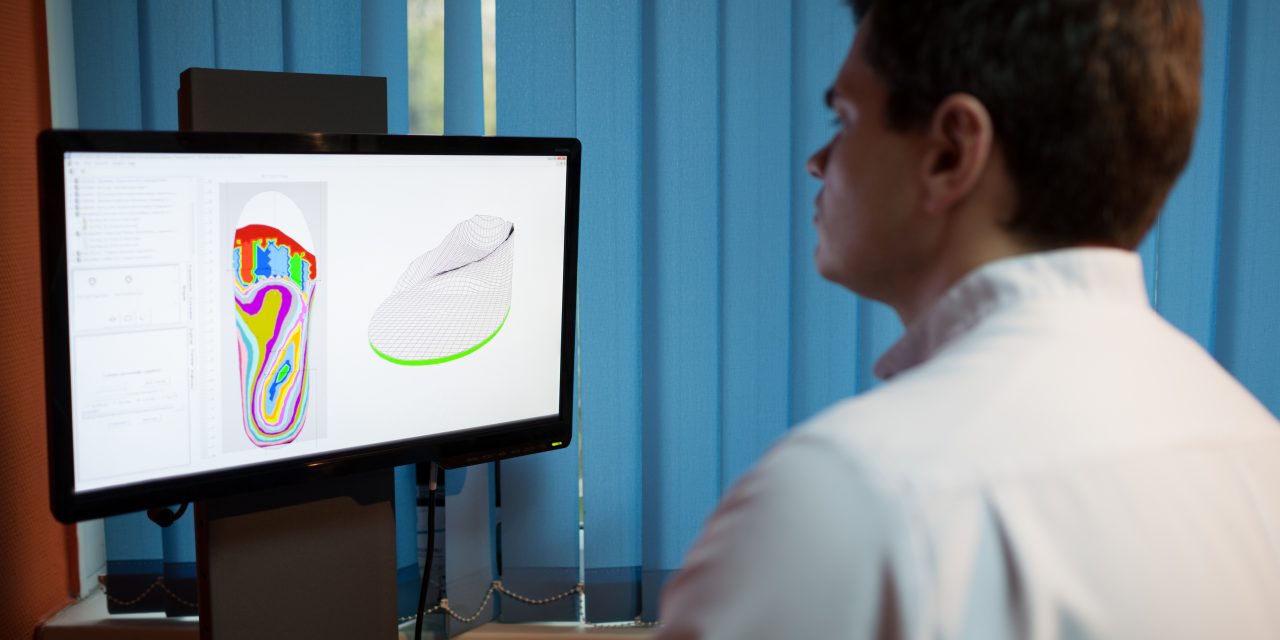
Orthotics Prompting Audits?

Will billing for foot orthotics cause me to be audited?
Unfortunately, I cannot tell you if an insurance company will audit you because you billed them for foot orthotics. However, some doctors who have been audited and asked to pay the money back to the insurance company are outliers, have documentation that may not adequately justify orthotics or have not followed the 3rd party payer’s medical policy for providing foot orthotics. A doctor who is billing orthotics for every patient he sees, is billing the insurance company for multiple pairs of orthotics for each patient, does not show medical necessity in his/her documentation, or is not following the 3rd party payer’s medical policy may be considered an outlier whose practices may trigger an audit or refund demand.
For example, in BCBSIL medical policy they state that foot orthotics are functional and accommodative podiatric appliances and include orthopedic shoes, inserts, arch supports, footwear, lifts, wedges, heels, and miscellaneous shoe additions. Foot orthotics are considered not medically necessary as they do not address structural or functional abnormalities, they are primarily for comfort, and/or they are OTC items (with or without a prescription). They state that foot orthotics may be a covered benefit and considered medically necessary for the following conditions:
- Symptomatic Pediatric Dysfunctional Flatfoot;
- Symptomatic Adult Dysfunctional Flatfoot;
- Symptomatic Posterior Tibial Tendon Dysfunction;
- Symptomatic Spastic Peroneal Flatfoot with or without Subtalar Coalition;
- Postoperative treatment following surgical correction of foot deformities including:
- Hallux Abducto-Valgus,
- Hallux limitus/rigidus,
- Multiple Hammertoes,
- Joint fusions,
- Joint or bone resections due to arthritis or infection,
- Partial Amputations;
- Postoperative treatment following surgical treatment of congenital conditions of the foot and ankle including:
- Calcaneovalgus,
- Talipes calcaneous,
- Talipes equinous,
- Equino-cavovarus; and/or
- The treatment of the following diagnosed conditions where the duration of symptoms is greater than 3 months and specific “previous failed treatments” have been determined:
- Hallux Abducto- Valgus (1st metatarsophalangeal joint [MPJ] Bunion);
- Hallux Limitus/Rigidus (Degenerative 1st MPJ);
- Hammertoes;
- Tailor’s Bunions (5th MPJ Area);
- Neuromas;
- Plantar Fasciitis/ Heel Spur Syndrome;
- Metatarsalgia;
- Chronic Ankle Instability (Patient must have the condition for > 1 year).
Note:
BCBS-IL medical policy requires varying documented “previously failed treatments” for the above conditions that include: accommodating shoe wear, padding, NSAIDS, cortisone injections, over the counter (OTC) insoles, proper shoe wear, OTC arch supports worn < 6 weeks, and stretching/ice therapy. Please refer to the full policy to determine the specific failed treatment requirements for the condition being treated.
3rd Party Billing
When billing a 3rd party for foot orthotics, know your payer’s medical policy. Is the patient’s diagnosis covered, has the patient tried other types of treatment, is medical necessity documented in the patient’s notes? BCBSIL states that they only pay for foot orthotics when the patient’s diagnosis is for one of the above conditions dealing with the foot (i.e. they do not pay for foot orthotics to correct spinal conditions).
Lastly, make sure to document any conservative care the patient has done and the amount of time a patient has had the condition. For example, some patients may have already attempted OTC insoles, may have already taken NSAIDS, may have previously tried ankle supports and experienced the condition for greater than one year. Proper medical history and documentation are critical to demonstrating medical necessity according to the third-party payer’s requirements. Again, if your patient does not meet the payer’s definition of medical necessity and you are in network, you must notify the patient in advance that the orthotics will not be covered in order to collect from the patient.
Conclusion
It is extremely important to understand any third party’s medical policy when providing and billing services. If you are an in-network provider you have signed an agreement to follow these policies. It is the provider’s responsibility to stay informed since most 3rd party payers change and update their policies on a regular basis. Do not over bill for services and make sure your documentation shows medical necessity for care.
The information contained in this article is for educational purposes and is not intended to be and is not legal advice.


















